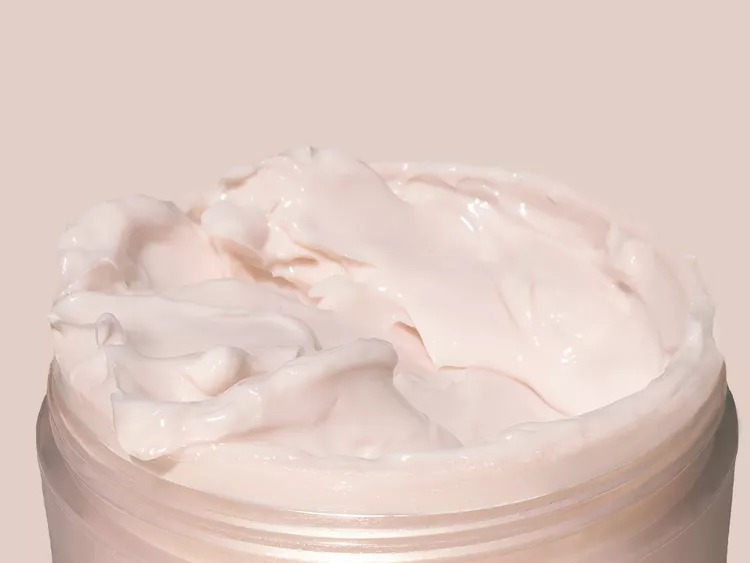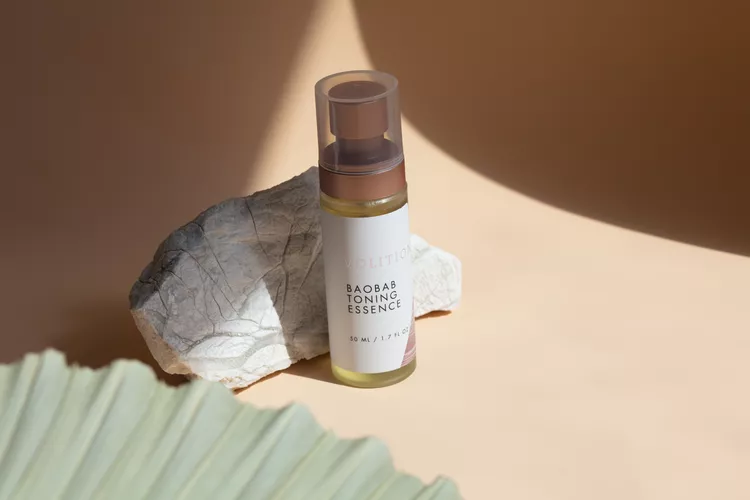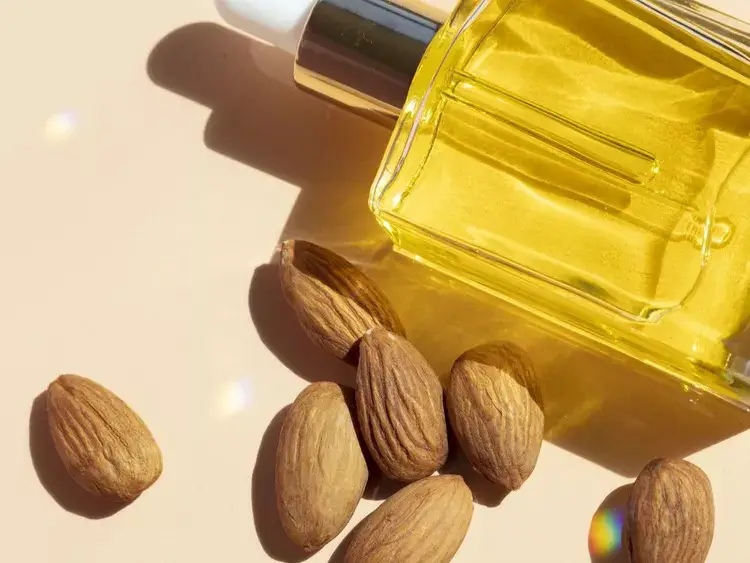In the realm of beauty, we often celebrate certain moisturizing heroes like hyaluronic acid, ceramides, niacinamide, and squalane, sometimes neglecting equally worthy ingredients. One such unsung hero is allantoin, a powerhouse known for its healing and soothing properties, which has been valued for centuries in skincare.

Despite its impressive benefits, including anti-aging and exfoliating effects, allantoin remains relatively obscure. Many might not be familiar with it or its advantages for the skin. Recognizing its potential and believing it deserves a prominent place in your skincare regimen—especially if you have dry or sensitive skin—we consulted with leading dermatologists Ava Shamban, MD, and Jennifer Herrmann, MD, to bring you everything you need to know about allantoin.
Allantoin, known scientifically as aluminum dihydroxy allantoinate, is derived from the comfrey plant, which thrives in the temperate regions of Asia and Europe. Renowned for its healing and soothing properties, allantoin has been utilized for centuries; historically, comfrey leaves were applied to minor skin injuries and swelling to aid healing. Beyond the comfrey plant, allantoin is also present in various other plants including beets, chamomile, wheat sprouts, and tobacco seeds. While it can be extracted from these natural sources, Dr. Ava Shamban notes that it is frequently synthesized in laboratories for use in cosmetics, stating that both natural and synthetic forms are safe and effective in advanced skincare products, increasingly favored for their proven results.
Allantoin is typically available in powder form and is incorporated into a wide array of skincare products such as moisturizers, exfoliators, and face masks. Dr. Jennifer Herrmann points out that while scientific studies on allantoin are not extensive, anecdotal evidence supports its efficacy in moisturizing the skin by aiding in the exfoliation and removal of dead skin cells, which in turn allows natural humectants in the skin to retain moisture more effectively.
Benefits of Allantoin for Skin:
- Moisturizing: Allantoin acts as an emollient that not only moisturizes but also prevents dryness and irritation.
- Soothing: It serves as a calming agent, forming complexes with irritant substances to protect the skin, as mentioned by Dr. Herrmann.
- Healing: Known for promoting wound healing, allantoin is commonly used to soothe and repair irritated skin and rashes.
- Exfoliating: It has keratolytic properties, meaning it helps in shedding dead skin cells, thus enhancing the skin’s natural desquamation process.
- Hydrating: According to Dr. Shamban, allantoin’s keratolytic effect also helps increase the water content of cells, combating transepidermal water loss and maintaining youthful, plump skin.
- Enhancing Skin Dullness: It supports cell proliferation and overall skin “remodeling,” which speeds up the renewal process of epidermal cells, leading to brighter and healthier skin.
- Smoothing: By removing surface dead skin cells, allantoin keeps the skin smooth and soft.
- Anti-Aging: Although gentle, allantoin facilitates collagen synthesis, rejuvenating skin cells and enhancing the structural integrity of the skin.
These multifaceted benefits make allantoin a valuable component in various skincare formulations, particularly for those with dry or sensitive skin, aiming to achieve a healthier, more vibrant complexion.




